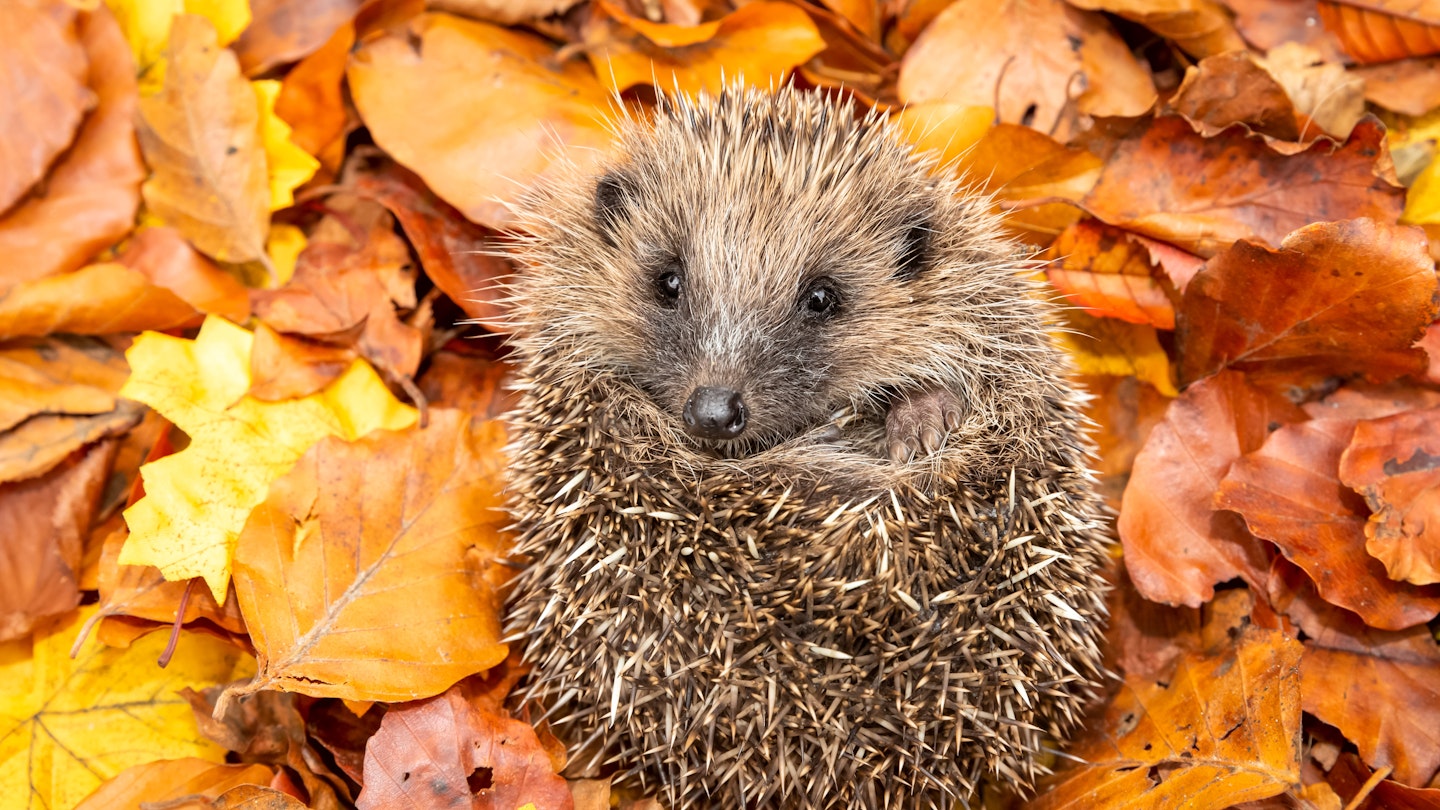It's normal for us all to feel a little more sleepy and less energetic during the colder months. As the days get shorter and the night's get longer, most of us find we spend more time indoors, staying warm, and this is the same for our animals friends. You may be wondering which animals hibernate in the UK and perhaps surprisingly to some, there are quite a few species that do.
In fact, some animals want to avoid the cold that much, that they hibernate for all the darker seasons until coming back out in spring. So, if you're hoping to see some UK wildlife, you may want to schedule your visits so that they don't clash with the hibernation period.
Why do animals hibernate?
Hibernation is an animals means of conserving energy throughout the winter months, as their natural food sources are in short supply. To prepare for hibernation, they must build up fat reserves during the summer. It also means that they won't have to migrate somewhere warmer.
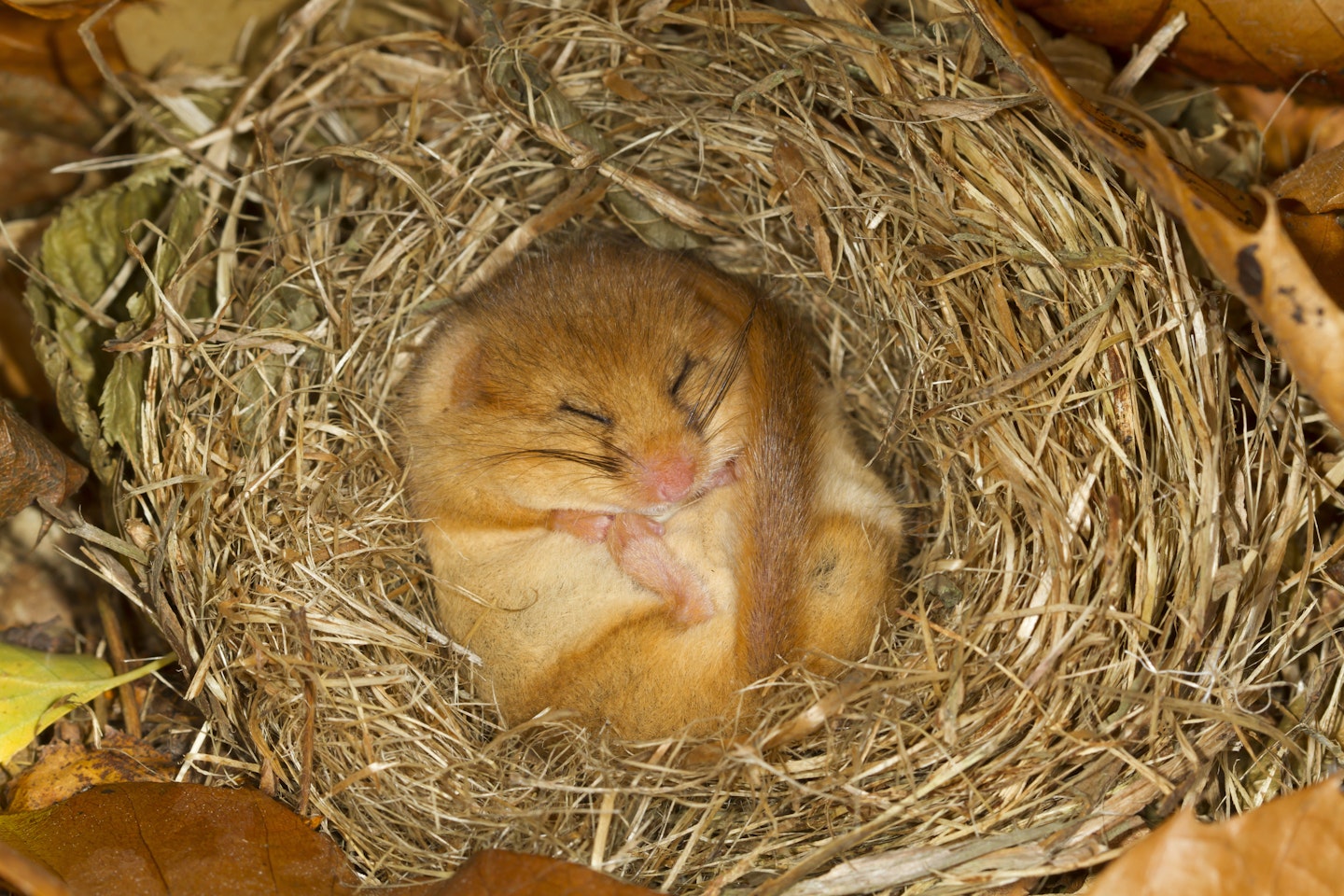
How do animals hibernate?
When preparing to go into hibernation, animals slow down their metabolism along with their heart-rate, reducing their beats per minute and breathing. It's this slowing down that is meant with the term 'hibernation'.
Some animals can also go into a state of torpor where they use less that around five per cent of their normal heart rate and metabolic rate. This torpor lasts for a shorter time period compared with hibernation and occurs involuntarily, whereas hibernation is voluntary.
Which animals hibernate?
Bats
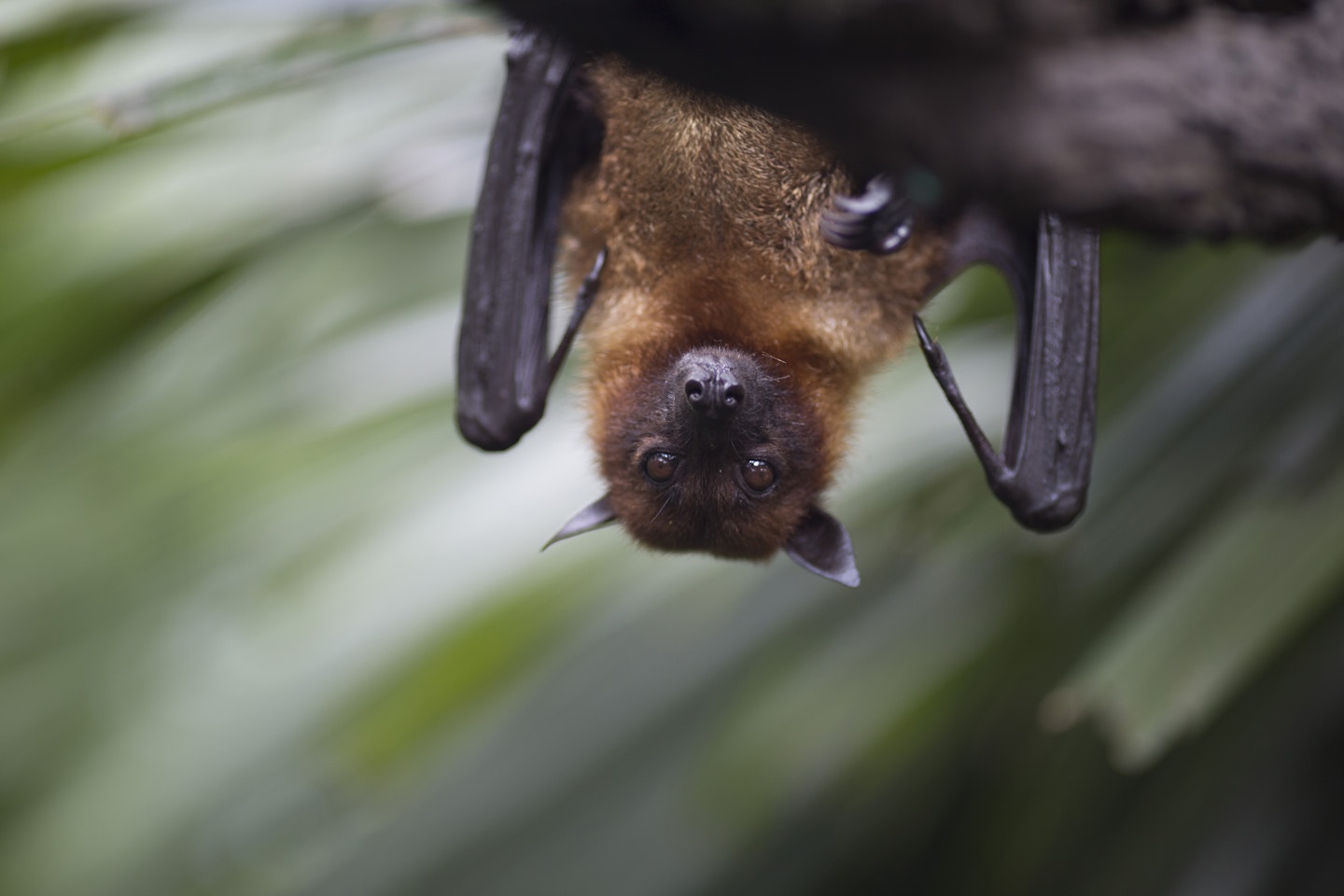
Bats are the only mammal that can fly, meaning they require a lot of energy. They hibernate during the winter to conserve this energy, ready to take flight when the weather warms up again.
They often like to hibernate in old buildings in the roof and sometimes, they can even find their way into your lofts of garages.
Reptiles
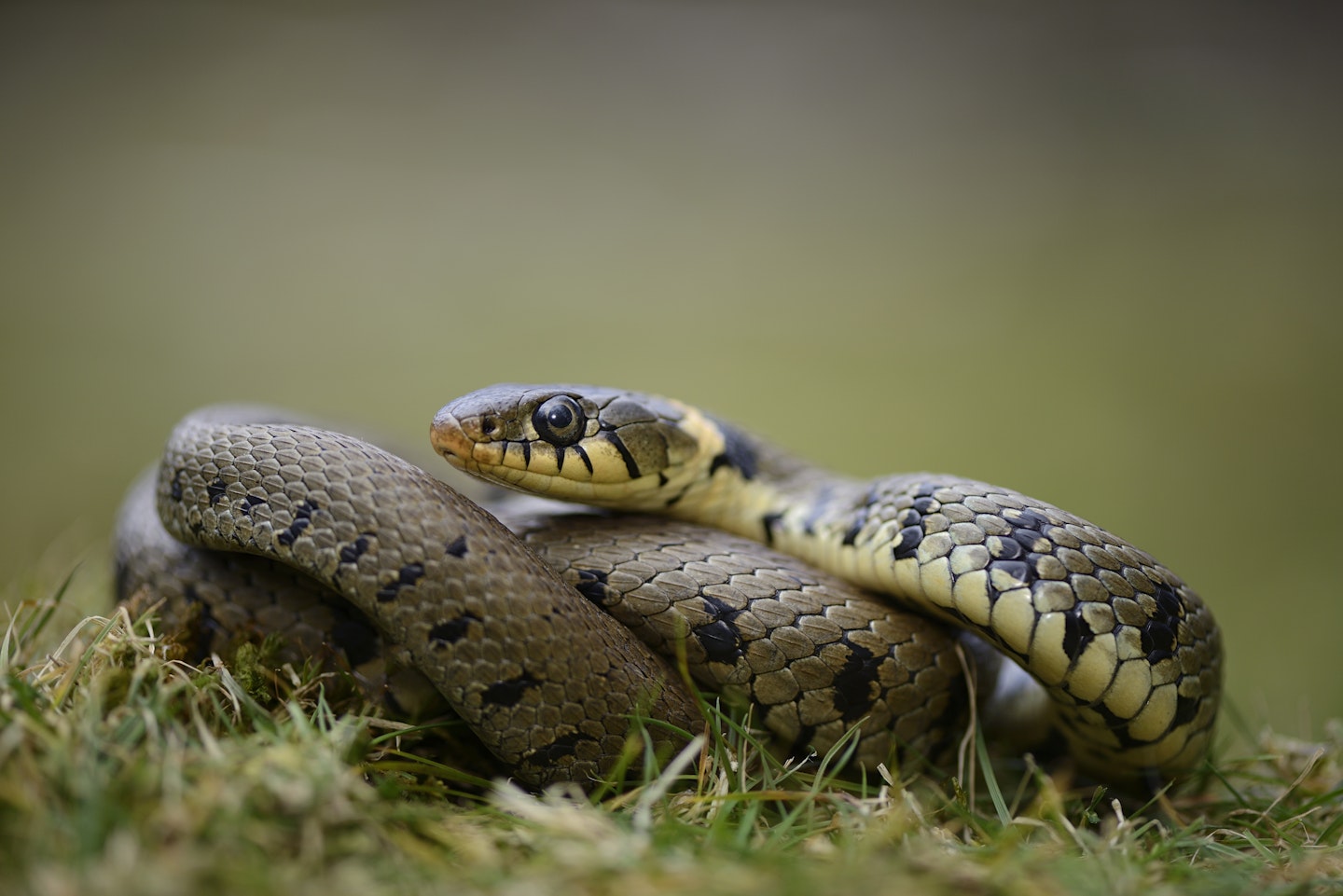
Reptiles are cold blooded and rely on the sun to regulate their body temperature. That's why it's essential for this family of animals including snakes and turtles to hibernate during the colder months.
Grass snakes go into a kind of hibernation known as brumation - a term used to describe the hibernation of cold blooded animals. You may find reptiles hibernating in insulated spots like under rocks, in caves or in leaf litter.
Amphibians
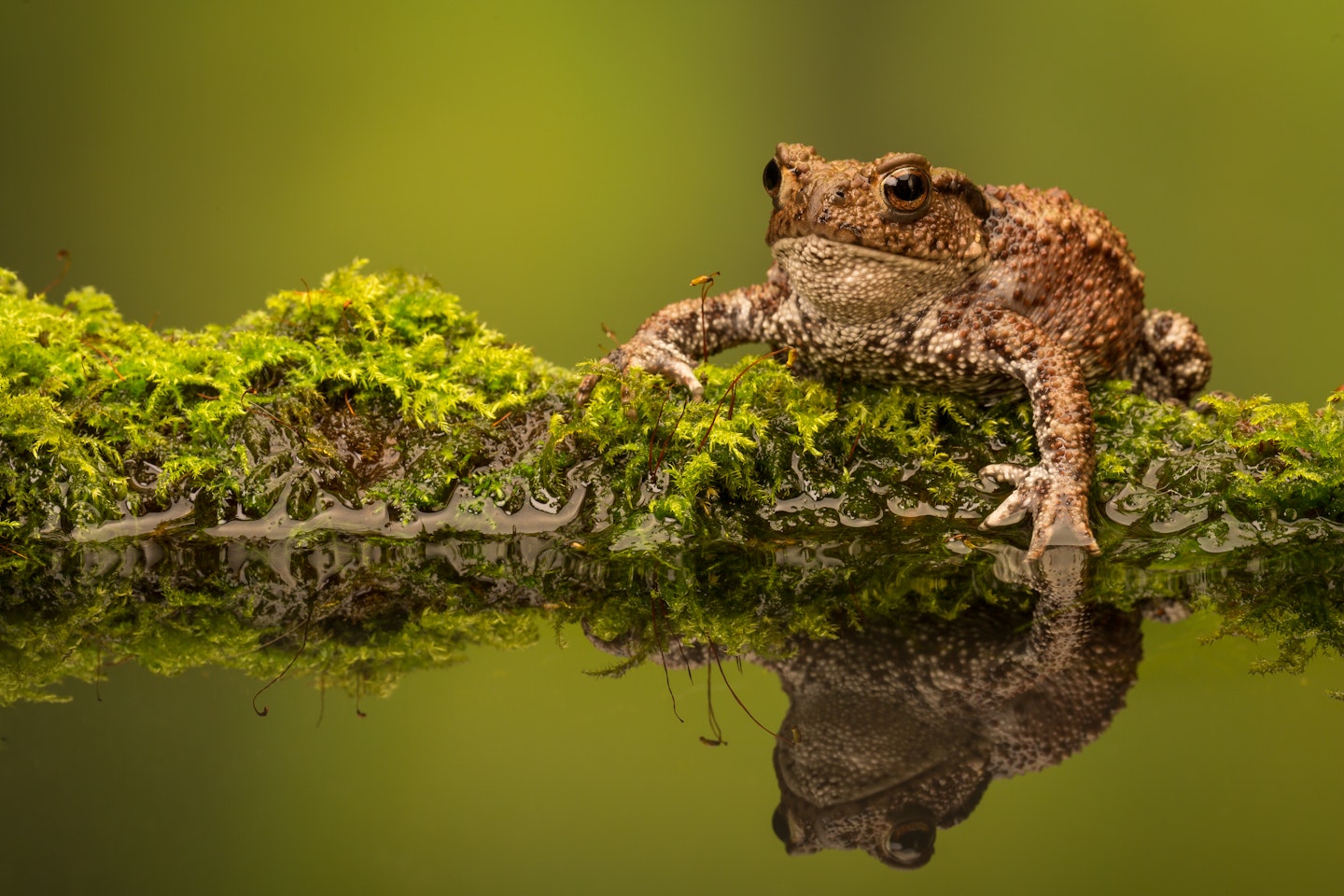
Most frogs and newts become dormant during the winter and they will try and hibernate at the bottom of ponds during the winter season. If a pond has a lot of leaf matter on top and freezes over, the leaves will start to decompose and release toxins into the pond that can sadly poison frogs and newts.
Other amphibians such as toads will often hibernate in leaf or log piles.
Insects
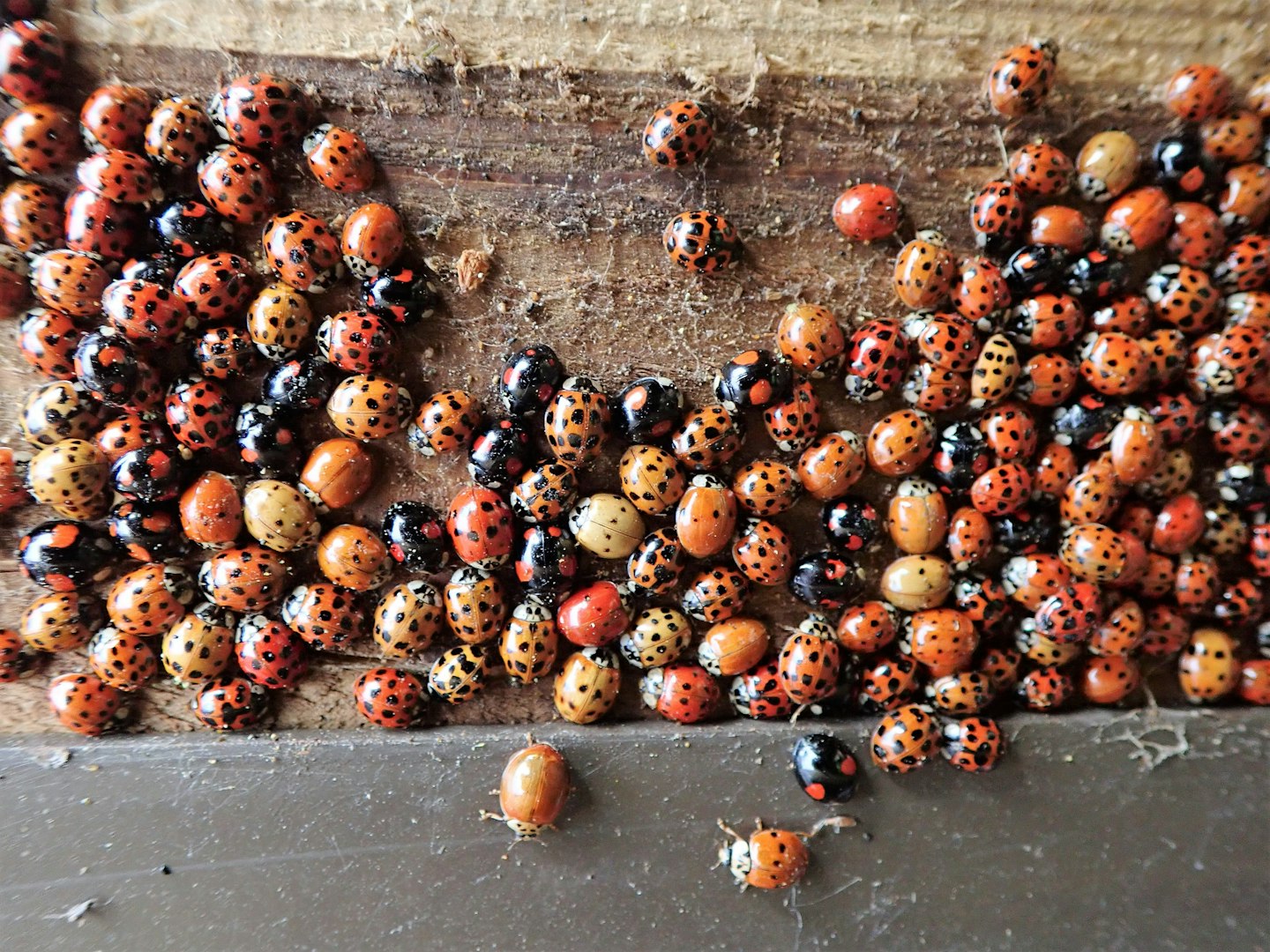
Insects like to hibernate in small crevices and cracks. Some, like worker bees and lady birds, rely on their families to keep them warm, and you might see them huddling together in large numbers.
The hibernation period of an insect is known as diapause, and it involves their metabolism slowing right down along with their appetite as temperatures drop.
How to help hibernating animals
Here are some top tips from the experts from Autumnwatch on how to look out for our hibernating animal friends this season.
Gillian Burke: "On the RSPB website they’ve got brilliant advice on how to build your own hedgehog café. I think in the spring, we focus a lot building bug hotels and all that sort of stuff. But this time of year hedgehogs could do with extra habitats. So try not tidying up and clearing up too much of the summer growth, because that will provide opportunities, not just for hedgehogs, but for all kinds of creatures that will overwinter in what looks like a mess to us, but actually is really valuable to them."
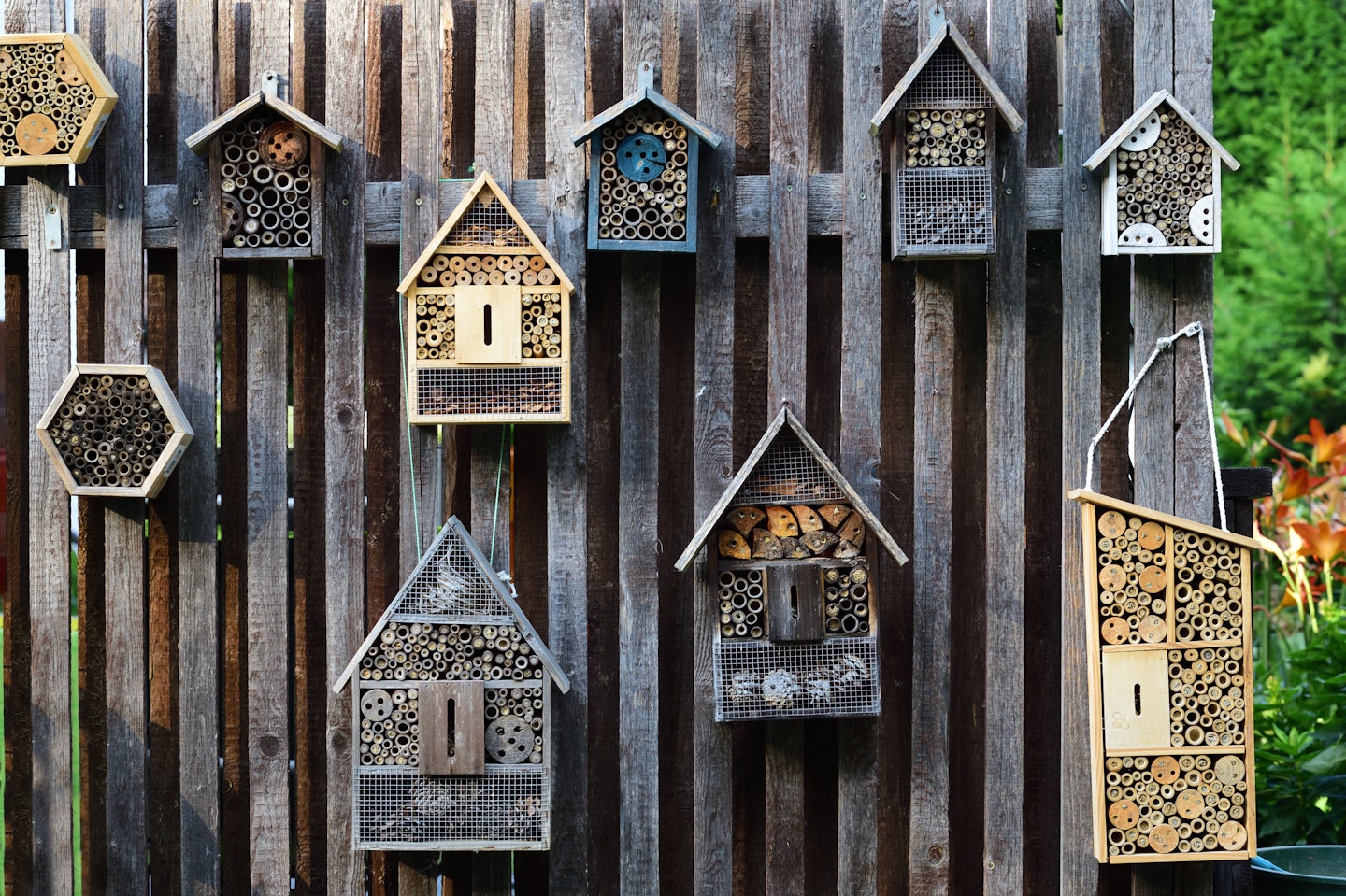
Chris Packham: "The message is feed, feed, feed really. And make sure you clean the bird feeders out before you top them up. If you've got table scraps, you can put them out for other animals. Although bear in mind that you’re not putting out things that will do more harm than good. Hedgehogs for example need a slightly more specialised diet. Also think about the means of dispensing the food you’re putting out, you don’t want to just end up fattening up next door’s cat! Autumn/winter is a tough time for wildlife, with all these young animals becoming independent from their parents. They've been mollycoddled all summer long and now they have to fend for themselves. So anything we can do to give them a helping hand in terms of shelter and feeding."
Michaela Strachan: "Picking up from Chris and Gillian, make sure you're feeding the right things. We have a wealth of information at our fingertips, so there's no excuse – if you’re not sure something is a good thing to put out for the birds, check it first. Porridge for instance is not a good thing to put out for your birds as it will expand in their stomach. So look it up, you're bound to find the answer on the internet these days.
"I remember years ago, we did a piece about cleaning your bird feeders. And even Chris was quite surprised how regularly you should clean them. Because the thing is, if one bird is ill and comes to your feeder, it will pass it onto all the other birds who come to your feeder. So you do have to clean your bird feeders regularly. It's not just about washing our hands anymore, you’ve got to wash your bird feeders!
"One of the biggest problems with wildlife these days is the loss of biodiversity. Through lockdown we’ve all spent a lot of time in our gardens, if you're lucky enough to have one. So think about biodiversity and how you can increase it in your garden. Maybe get rid of the roses and put in a patch that will really attract birds and insects."
Lorna White is a Senior Digital Writer at Yours.co.uk. She was previously a writer at Yours Magazine writing features and news stories before joining the digital team. Lorna loves the great British countryside and likes to spend her spare time out and about in her home of Nottinghamshire walking her dog, Pippin.
